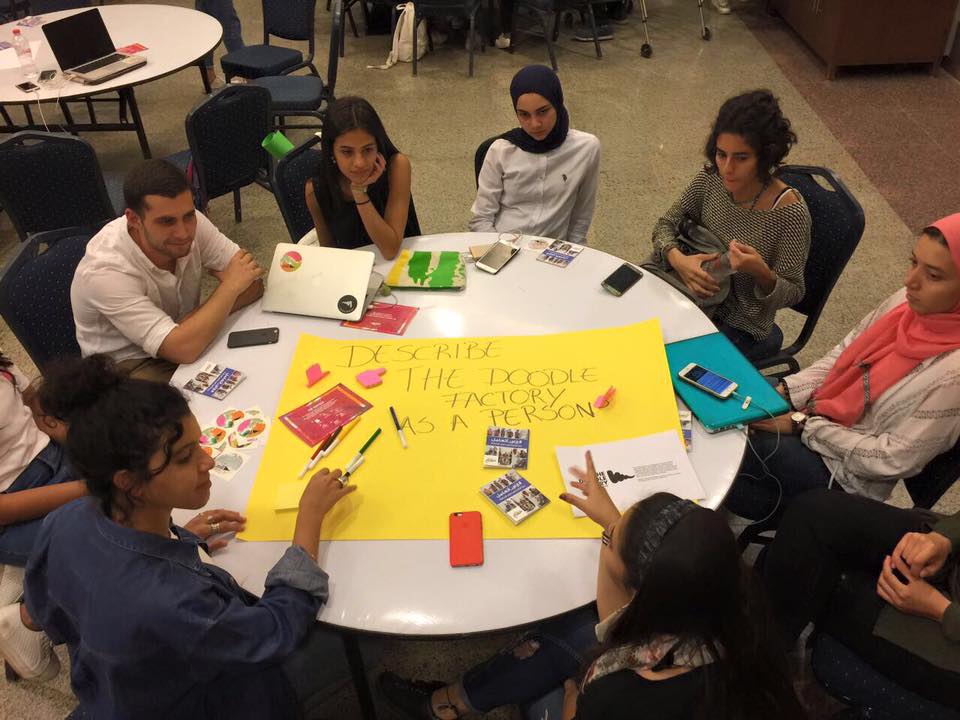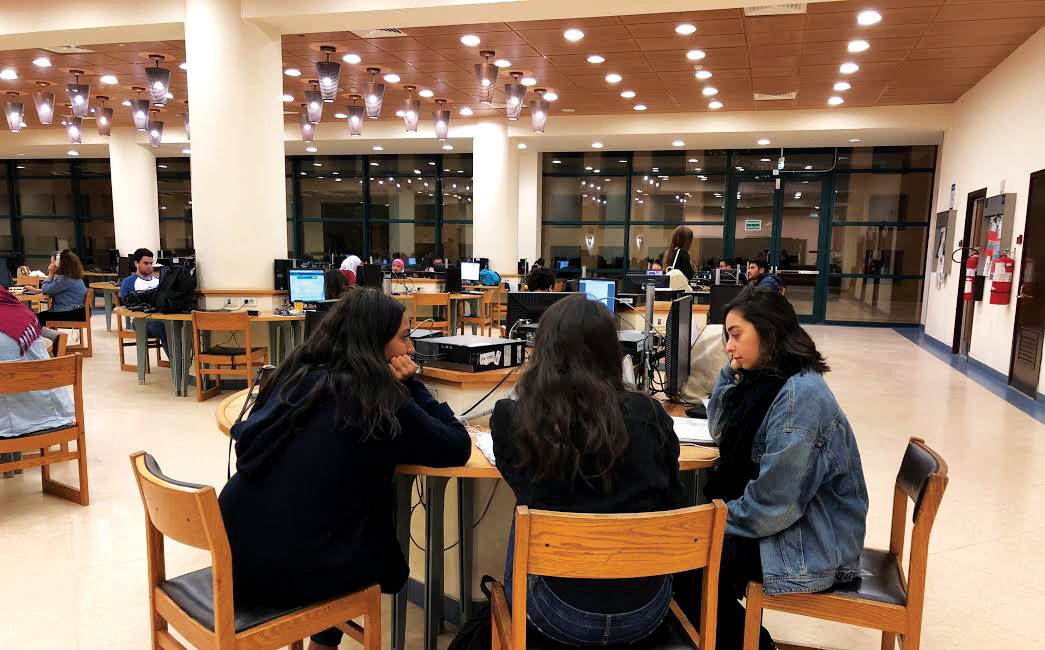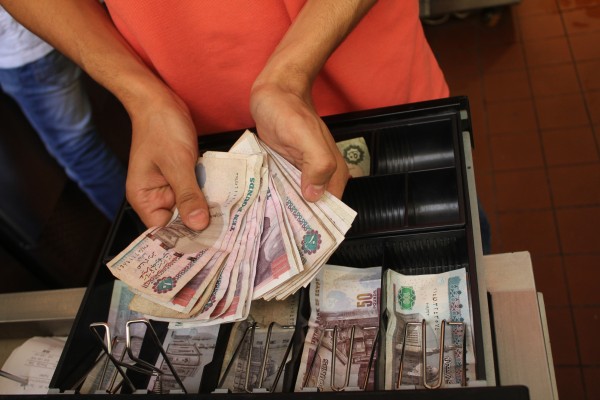Entrepreneurship Meets Kheir: AUC Clubs Collaborate to Promote Social Responsibility
By: Nourane Selim and Yasmeen Mamdouh
Follow @YasmeenM19
Follow @NOURANESELIM97
AUC Entrepreneurs’ Society and Mashrou3 Kheir (The Goodness Project) joined forces on October 9 for their first collaborative workshop, titled Entrepreneurship Meets Kheir.
While Entrepreneurs’ Society aims to foster an entrepreneurial spirit among the Egyptian youth, Mashrou3 Kheir works towards promoting community development and civic and humanitarian engagement.
The workshop is an effort to introduce to the AUC community to socially responsible business startups.
SOCIALLY RESPONSIBLE BUSINESSES
The workshop featured four startups: The Doodle Factory, Helm (Dream) Foundation, Mumm and Agrimatic.
Each tackled a different societal aspect and how it relates to their business.
These ranged from encouraging children’s talents, aiding disabled individuals, encouraging sustainability in the food industry and conservation of the environment, respectively.
The number of attendees ranged from 50 to 60 students, given that the interactive workshop was restricted to AUCians for speed networking.
“We are trying to make ‘doing good’ a lifestyle as much as we can by telling students that businesses can be profitable but at the same time have a social impact,” Mashrou3 Kheir President Nour Khalil told The Caravan.
Entrepreneurial Mindsets
The workshop’s main focus was the entrepreneurial mindset, which, according to Entrepreneurs’ Society CEO Jenny El Boushy, is something that is not taught, but learned through experience.
The workshop started with a five minute pitch for each startup, followed by dividing the attendees into four groups that rotated amongst the different startups through roundtable discussions.
“We were contacted by the organizers and we thought it would be very beneficial for us to interact with students and get new ideas because it’s not something we [come] across everyday,” said Farah El-Masry, creative director of The Doodle Factory.
The Doodle Factory collaborates with different organizations to empower vulnerable children.
By using children’s drawings, the factory creates designs that are placed on everyday lifestyle products.
The revenue from these products are then used to fund children’s medical and educational needs.
The workshop also shed light on networking; while entrepreneurs got to network and recruit potentially skilled members, students were exposed to startups as consumers and users.
The collaboration was fruitful and seamless because both clubs’ visions complemented one another.
“We wanted to focus on social entrepreneurship and its impact, so we thought Mashrou3 Kheir would make the best partner,” said El Boushy.
Mohamed Ihab, business junior, was one of the attendees who found the workshop beneficial.
“I chose to participate in this workshop because I am working on a startup myself right now, and I thought it would benefit me a lot to see what those successful CEOs were doing.”
IS EGYPT THE NEW STARTUP SCENE?
With 10 startups on the Forbes “Top 100 Startups in the Arab World” list, Egypt, tied with the United Arab Emirates, is the country with the largest number of startups.
The two main criteria for the list were the most creative ideas and the most substantial external funding in the past year.
“The ecosystem [of entrepreneurship] wasn’t there in 2010 and the progress we did during the time is good. People are looking to invest in Egypt. People are looking to invest in startups,” said Ahmed Bayoumi, startup acceleration manager at AUC Venture Lab.
According to a Global Entrepreneurship Monitor (GEM) Egypt National Report, over 73 percent of Egyptians believe becoming an entrepreneur is a good career choice. This number has been increasing since 2012, reflecting the rising popularity of entrepreneurship in Egypt.
“It’s not just about Egypt. With a startup, you have very few resources and one entry point just to get something out there on the market,” said AUC Venture Lab director and endowed chair of Entrepreneurship Ayman Ismail.
“This needs money and it needs time and not everyone has money and time to keep working on this.”
Egypt still ranks below average globally when it comes to entrepreneurial inclination and implementation according to GEM’s report. However, Egypt’s numbers suggest a slow but noticeable rise in the entrepreneurial field.




